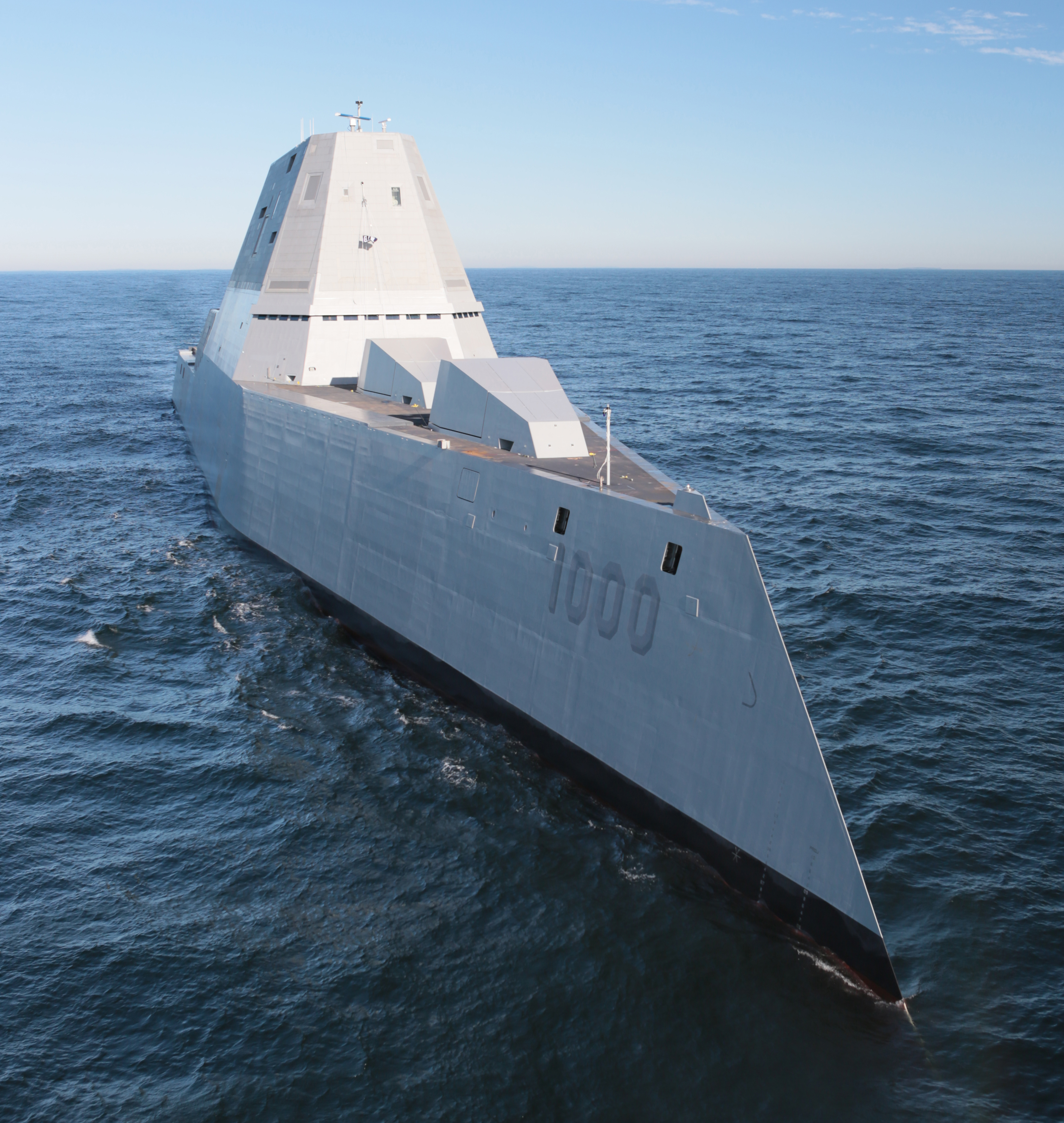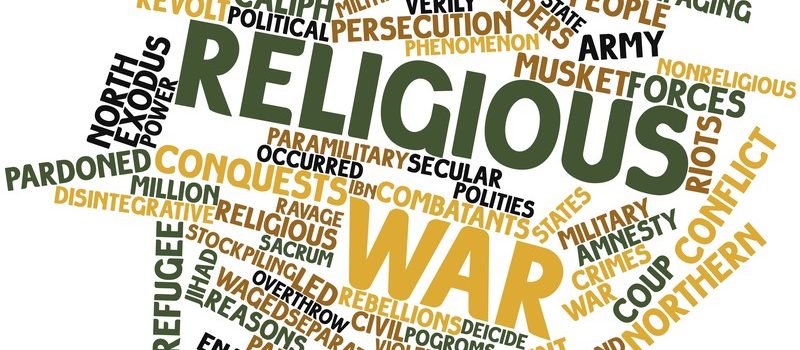Islamic State resurgence in Iraq and Syria and its worldwide expansion”
A Presentation and Discussion with
Ted Morse and Richard Hobbs
NSF Esteemed Regular Contributors
A link to the full Power Point presentation is above.
Ted Morse referred to some podcasts in his discussion that he said were good to view if you wanted more information.
Links to those are below.
Center for Strategic and International Studies “The Return of ISIS in Iraq, Syria, and the Middle East”, CSIS Sep 3, 2019:
https://www.csis.org/analysis/return-isis-iraq-syria-and-middle-east
“ISIS’s Second Comeback: Assessing the Next ISIS Insurgency,” June 2019, Institute for the Study of War:
http://www.understandingwar.org/report/isiss-second-comeback-assessing-next-isis-insurgency
“The U.S., its The U.S., its European allies, and its Strategic Partners in the Middle East achieved a significant victory in breaking up the ISIS protostate – or “caliphate” – in Syria and Iraq. This break up has sharply reduced the fighting against ISIS in Iraq, and in Eastern Syria. The U.S.-led Coalition did not, however, fully defeat ISIS in either Iraq or Syria or eliminate ISIS and other forms of extremism as serious threats. It did not bring lasting stability to Iraq or end the Syrian civil war, and it did not eliminate the threat from ISIS and other extremist groups in the rest of the MENA [Middle East North Africa] area.” (Report by Anthony H. Cordesman and Abdullah Toukan, “The Return of ISIS in Iraq, Syria, and the Middle East”, CSIS 03 Sep 2019)
As the U.S. leaders were discussing options for withdrawal of troops from Afghanistan, the U.S. military continued operations in Iraq carpet-bombing an island on 11 September 2019 purported to be an Islamic State transit hub. Next door President Bashar al-Assad is poised to regain control in Syria after eight years of a bloody conflict that has stymied two U.S. Administrations. Intense and sustained on the ground fighting in the area resulted in the collapse of the Caliphate of ISIL (also known as ISIS or Daesh) in 2018. However, this “defeat” did not destroy ISIL or curtail its ability to carry out violent attacks in Iraq and Syria, thus further complicating U.S. disengagement plans and flaming tensions in one of the most volatile regions in the world.
ISIL’s global community also continues an insurgency movement worldwide that has claimed many lives and disrupted peace negotiations including an attack on a wedding in Kabul, Afghanistan in June that killed 63 and wounded over 200. ISIL’s phoenix-like ability to rise, fall, and rise again in another form vexes U.S. national security leaders who have struggled to bring decades of military engagement in Afghanistan and Iraq to a close. So, where does this leave us moving forward? And is there path forward for the U.S. that does not require fightinf a global ISIL insurgency indefinitely?
NSF is honored to have two esteemed contributors to guide us through the current state of play of ISIS in Iraq, Syria, and worldwide. Ted Morse will draw on a long career of foreign affairs experience in the United States Agency for International Development (USAID) to highlight the current ISIS resurgency in Syria and Iraq. Complementing this, Dick Hobbs, an international affairs expert and sometimes controversial author, will explore the challenges facing the U.S from ISIS’ continued worldwide expansion. The presenters will share insight about the resurgence of ISIS in different regions of the world and through very different strategic, policy and military perspectives. In the end, the NSF audience will be challenged to consider different approaches for the U.S. to counter a resurgent and adaptive Islamic State. When, where, and for how long will we need to contend with ISIS in the future?
For background reading, I highly recommend the 03 September 2019 CSIS Report, The Return of ISIS in Iraq, Syria, and the Middle East (by A.H. Cordesman and A. Toukan) and the many references therein:
https://www.csis.org/analysis/return-isis-iraq-syria-and-middle-east
Ted Morse, is a 37-year veteran of the U.S. Agency for International Development (USAID) having served in numerous posts in Latin America/Caribbean, Asia, Africa, and the Balkans. He focused his career on expertly guiding U.S. foreign assistance to developing countries to both further economic development locally and advance U.S. national interests. After “retiring” from the foreign service, Ted spent another 12 years as a consultant to USAID, the State Department, United Nations, World Bank, British Government, and several academic institutions. In the early years, Ted served in the U.S. Coast Guard in ports in San Francisco and Hawaii and on several missions to the Philippines, Thailand, Myanmar (formerly Burma), and Southeast Asia. He holds a Bachelor of Social Science from Sacramento State College and a Masters in international studies from George Washington University. He and his wife live in the lovely Galena Estates, Nevada, and he is a very active member of the NSF Program Committee.
Richard Hobbs, has worked, taught, and written in the international arena for over 55 years. He is a graduate of the US Military Academy at West Point and served in the US Army for over 27 years as a Combat Infantryman, Master Parachutist, Ranger, and Pathfinder. He earned a doctorate in international law from the University of Lyon. His military assignments include two tours in Viet-Nam, service on the Army Staff and Army Secretariat in the Pentagon, and as the Politico-Military Advisor in the Middle East Bureau at the State Department. After retiring from the Army, Dick spent 10 years working in international operations for Teledyne, Inc. before founding his own company specializing in international business development. He also served on the faculty of West Point and taught courses in international relations at University of Nevada, Reno. Dick has published extensively including his 2015 book, “Islam Versus Civilization.” He lives in Reno and is a regular contributor to NSF.


